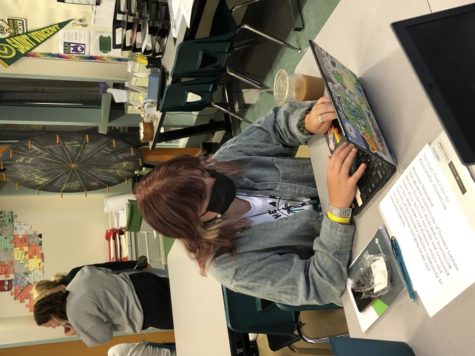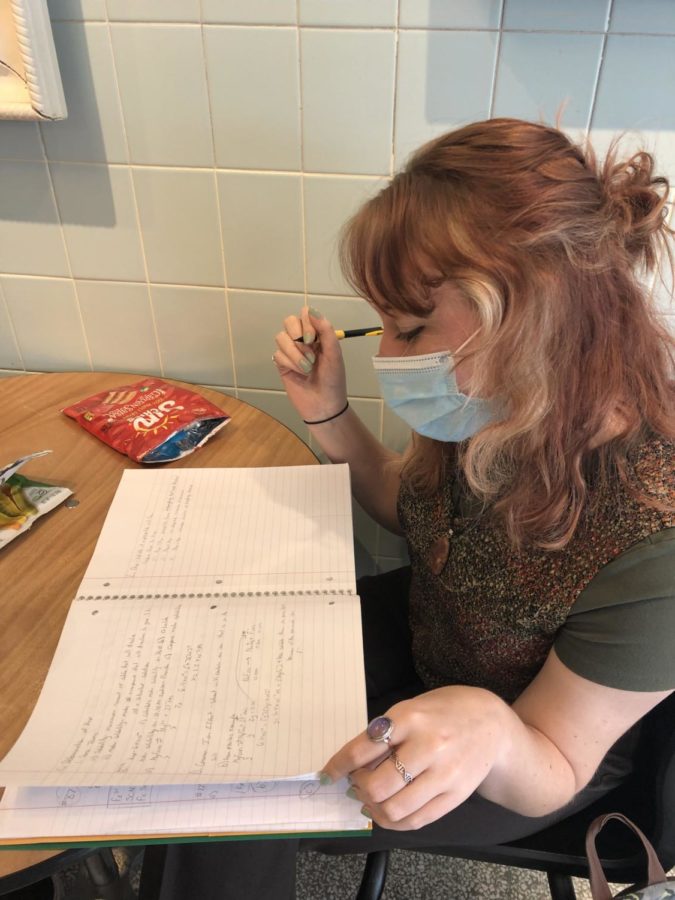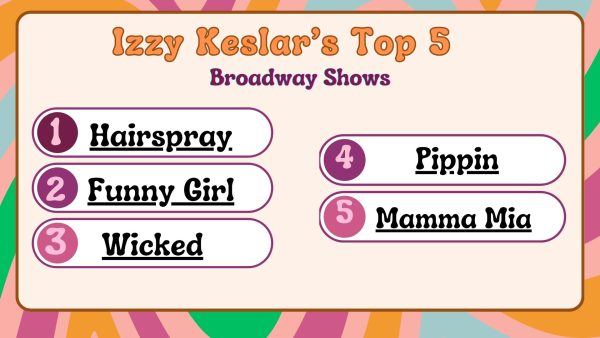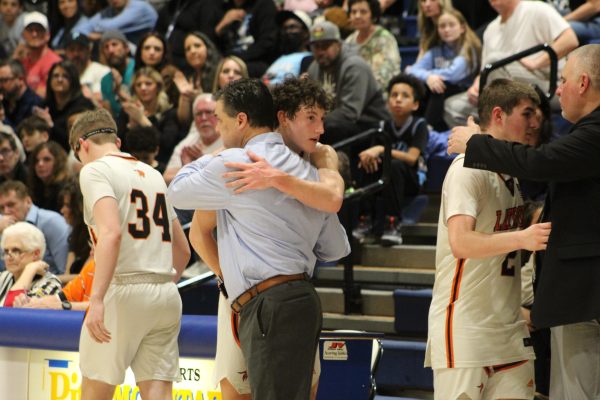Ryleigh Repko Explores Testing Options
Like many other juniors in high school, Ryleigh Repko has been looking deeper into what colleges she wants to go to. She decided that taking the ACT would be a good way to advance her college applications. Ryleigh realizes that what she gets on her ACT will not determine what colleges she gets into, but wanted to do the best she could in order to get a high score for herself.
She said, “I took the ACTs sort of to just see what I could get. I’m planning to major in environmental science, so getting a high score could increase my chances of getting into a school with a good science program. The colleges I want to go to might not require them, but it definitely won’t hurt my application.”
Although high SAT and ACT scores look great on college applications, they have become less and less significant to some colleges. A high percentage of colleges now realize that test scores don’t always effectively reflect students’ high school careers. According to The National Center for Fair and Open Testing, more than 1,800 colleges and universities are test-optional, with at least 1400 of those colleges extending their policies for the fall of 2023 admissions.
The start of the test-optional admissions started when COVID-19 hit. It was nearly impossible for students to take the SATs during quarantine, so most colleges made their application requirements more flexible for the sake of the students. After a few years, many colleges have lengthened their policies because of the diversity that it has brought to student bodies. The option of going to school after highschool has opened up for students with learning disabilities, test anxiety, and those who simply cannot afford to take the test. Now the potential of college applicants is more reliable on extracurricular activities and their academic progress. Test-optional has brought a whole different character to applying for colleges.
It’s a significant relief to most teenagers when hearing that standardized test scores are no longer a requirement for a majority of colleges. However, if a student is able to take either test, it’s best for them to prepare as much as possible to try for a good score. Resources for the SATs and ACTs are accessible through online websites, apps, tutors, study groups, practice books, etc.
Ryleigh is planning to apply to schools like University of Colorado Boulder, Michigan State University, and University of Arizona. Although the schools she’s looking into are test-optional, she still plans to submit her ACT scores. She said, “After signing up for the test, I decided that I wanted to try my hardest to get the best score possible. I had a tutor that I would go see once a week for about a month. When I wasn’t with my tutor I took practice tests and worked through an ACT prep book. I would try to spend at least 2-3 hours a week studying on my own.”
Ryleigh has proven herself to be a good student with the classes she is taking, topping it with community service and clubs that she is involved in. With so much going on in her life it could be difficult to keep up with studying for the ACT, but she kept herself motivated throughout the process. She said, “Having a tutor definitely helped me stay on top of things. Besides that, putting studying on my list of things to do each night like it was a homework assignment helped me get through doing it. I worked through my ACT prep book with step by step solutions to problems I wasn’t sure how to do. I watched some Youtube videos and used Khan Academy to help as well.”

Halie Nicholson is a fun, friendly, and adventurous individual. She expresses herself through writing about the things she’s passionate about. She is...







